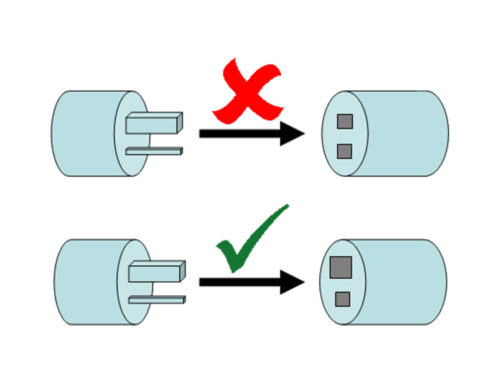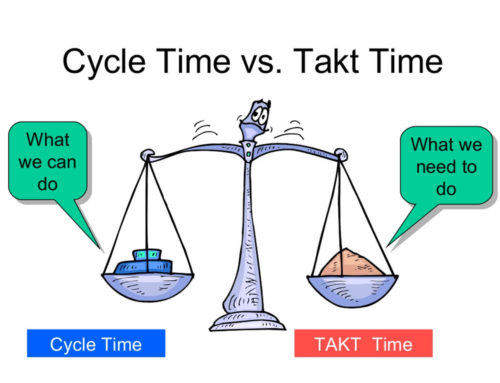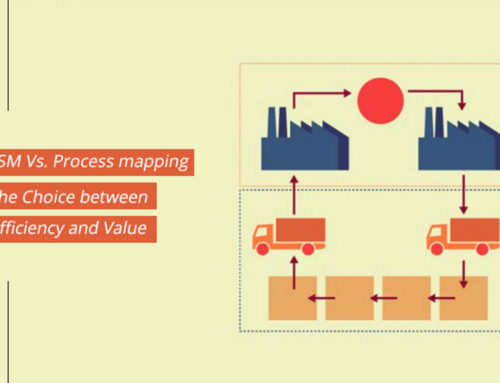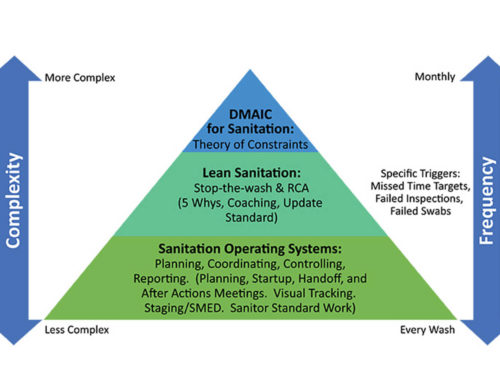The word lean indicates a slope or a downward trend in a graph. Whereas management means the act of planning and systematically controlling different processes. Lean management is associated with the food industry for decades. It deals with reducing waste, time, defects, and other negative quotients related to various food and beverage manufacturing processes.
Brief History of Lean Management:
 The concept of lean in the manufacturing industry dates as far back as the 1450s in Venice. However, after the industrial revolution and boom of the production unit worldwide, brands like Ford, Toyota, Taylor, and Ohno. Some of the most noteworthy innovators who added to lean management’s knowledge base and perfected it over time are Eli Whitney, Henry Ford, Friedrich W.Taylor, Mr. & Mrs Gilbreth, Taichi Ohno, and John Krafcik.
The concept of lean in the manufacturing industry dates as far back as the 1450s in Venice. However, after the industrial revolution and boom of the production unit worldwide, brands like Ford, Toyota, Taylor, and Ohno. Some of the most noteworthy innovators who added to lean management’s knowledge base and perfected it over time are Eli Whitney, Henry Ford, Friedrich W.Taylor, Mr. & Mrs Gilbreth, Taichi Ohno, and John Krafcik.
The Four Keys of Lean Management:
Lean management is an intricate and detailed process. It involves factors like scientific management, industrial engineering, machine automation, and supply chain management. To fully grasp this concept, it is crucial to understand its four key components:
- Pull: Pull is associated with only sending raw material in manufacturing only when there is a demand. It helps in the reduction of waste and prevents the shortage of limited resources.
- One-piece flow: It concerns with the focus on the production of one component at a time. It helps in the improvement of quality, reduces production hurdles, and avoids waste of energy resources.
- Pulse: This key to lean management is associated with time management of the production units. It is helpful to increase the efficiency and productivity of the manufacturing process.
- Zero defect: Zero defect is the study of QC (Quality control) and QA (Quality Assurance) in reverse. The focus here is to find out the root causes of errors and eliminate them.
Implementation of Lean Management in the Food & beverage industry:
 Food manufacturing is considered an FMCG sector of the manufacturing industry. It deals with Fast-moving consumer goods, which perish readily and are challenging to transfer and store. The most dominant areas of lean management implementation in the food and beverage industry are as follows:
Food manufacturing is considered an FMCG sector of the manufacturing industry. It deals with Fast-moving consumer goods, which perish readily and are challenging to transfer and store. The most dominant areas of lean management implementation in the food and beverage industry are as follows:
- The Warehouse: The process of food manufacturing starts with the collection of raw material. With the help of lean management process, lesser waste of raw material, and special storing procedures for longer preservation and better results.
- The Production Line: The production line is where workers or machines perform mixing, cutting, cooking, brewing, and packaging. Lean management has introduced automation to reduce production time and increase production output.
- AI Integration: The advent of many streamlined Softwares has contributed to the precision of the manufacturing process. It is also helpful for monitoring production line defects and keep production records with millimetre accuracy.
- Quality Assurance: The quality of products no longer depends upon merely tossing out the defective batches of food and beverages. Lean management is incorporated at the heart of operations to find out the cause of the deficiency.
- The Logistics: Supply chain has benefitted from lean management in terms of better packaging for travelling foods and beverages. Lean management is also concerned with cutting down the supply chain costs as much as possible.
- The Prices: Lean management implementation in the food and beverage industry means more products in less time, better storage, and improved logistics. All of these innovations have helped to reduce manufacturing prices.
The Benefits of Lean Management in the Food and Beverage Industry:
The food and beverage industry implements lean management based on its broad areas of application, practical implementation, and tremendous advantages. Some of the most prominent benefits of lean management are as follows:
- Reduced Waste: Due to better warehouses, limited production, and more advanced manufacturing techniques, the raw material, and finished product waste is reduced.
- Preservation of limited resources: The resources like fresh water, fruits, vegetables, electricity, and the workforce are limited. Lean management helps in preserving these resources and creating more utility from them.
- Demand-based production: The selective production against viable demand has helped the manufacturers save costs and reduce stock losses.
- Increased Productivity: Lean management has assisted food scientists and engineers in creating better products in lesser time. This, in turn, has increased the overall productivity.
- Efficient Logistics: Due to lean management, raw materials last longer, and products are manufactured against demand. It has also contributed to reducing the supply chain lags.
- Improved Quality: With lean management, the causes of defects are treated at the root. Therefore, the probability of defects has reduced to the bare minimum.
- Lesser Prices: Lean management has revolutionized the food and beverage manufacturing industry at every step. When production costs go down, the consumer costs also decrease.
Lean management has become an essential part of the production process related to the food and beverage manufacturing in the last decade. The innovations and solutions with the help of this system have benefited all the stakeholders like farmers, drivers, workers, manufacturers, and even the consumers.






